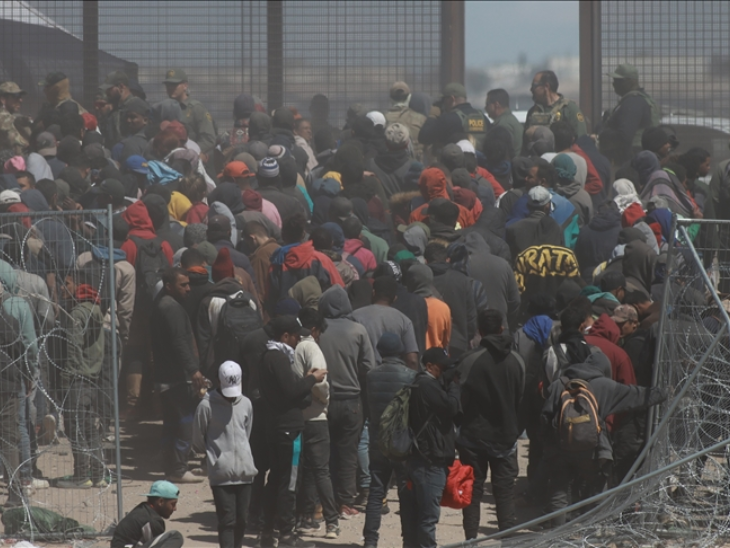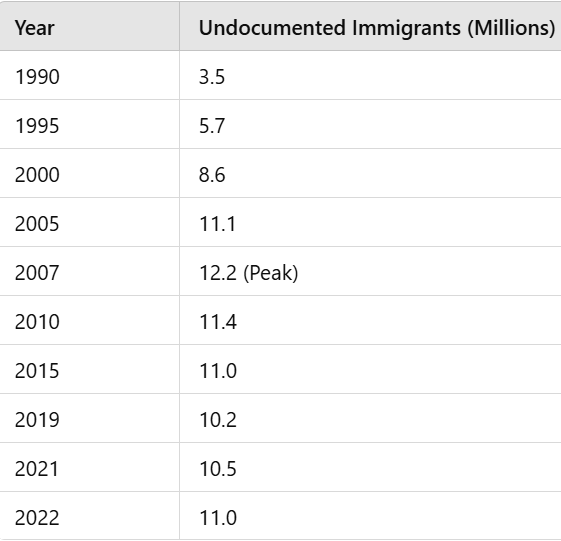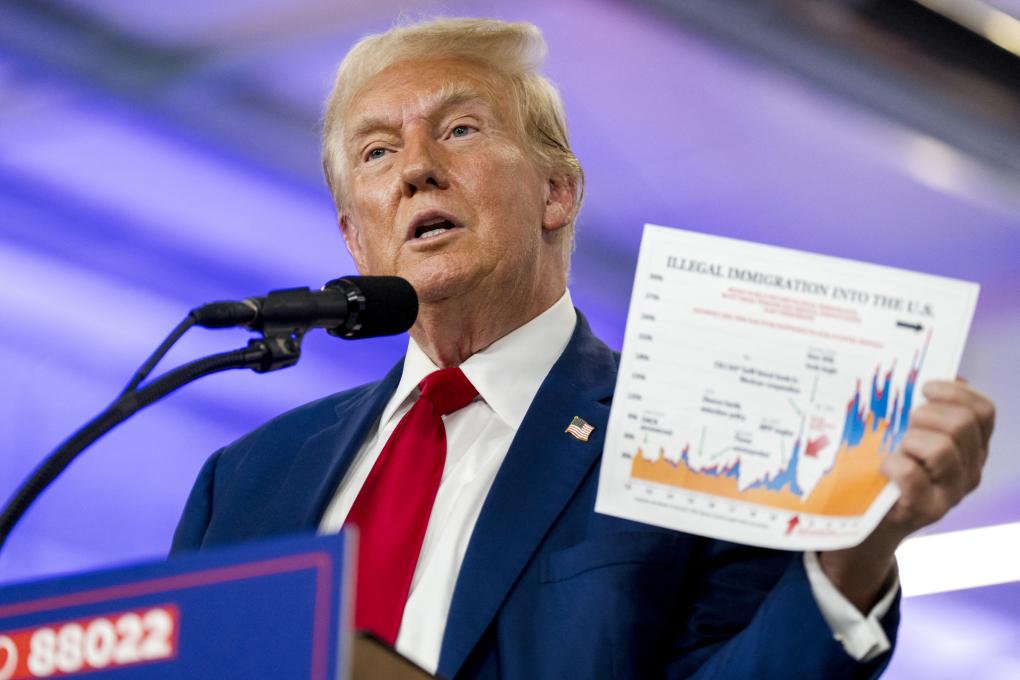In a sweeping move that has reignited national debate, the Trump administration announced a major crackdown on illegal immigration, resulting in the arrest of 538 individuals described as “illegal immigrant criminals.” The operation, which began shortly after President Donald Trump’s second inauguration on January 20, 2025, marks a significant escalation in immigration enforcement, fulfilling a key campaign promise to prioritize border security and deportations. According to White House Press Secretary Karoline Leavitt, the arrests included a suspected terrorist, four members of the notorious Tren de Aragua gang, and several individuals convicted of sex crimes against minors. The administration has also deployed military aircraft to deport hundreds of these individuals, a move described as unprecedented in recent U.S. history.

The operation, which Leavitt hailed as the “largest massive deportation operation in history,” has drawn both praise and criticism. Supporters argue it demonstrates a commitment to national security and public safety, targeting individuals with criminal records who pose significant threats. The Department of Homeland Security (DHS) reported that 373 of the 538 arrests involved individuals with criminal convictions or pending charges, while the remaining 165 were detained for immigration violations alone. The use of military aircraft, approved specifically under Trump’s administration, underscores the aggressive approach, with flights departing from locations like an army airfield in El Paso, Texas, to destinations such as Guatemala and Mexico. This marks a departure from previous administrations, which relied primarily on commercial or chartered flights for deportations.
The crackdown has not been without controversy. Critics, including immigrant rights advocates and local officials in so-called sanctuary cities, have raised concerns about the scope and methods of the operation. In Newark, New Jersey, Mayor Ras Baraka reported that Immigration and Customs Enforcement (ICE) agents raided a local establishment, detaining both undocumented immigrants and U.S. citizens, including a veteran, without presenting a warrant. Such actions have fueled accusations of overreach and lack of due process. The Trump administration’s decision to reverse previous policies, allowing ICE to conduct raids in sensitive locations like schools, hospitals, and places of worship, has further intensified fears within immigrant communities. These raids, which began on January 23, 2025, targeted sanctuary cities like Atlanta, Boston, Denver, Miami, and New York City, where local governments have historically limited cooperation with federal immigration authorities.
The operation’s scale has also strained international relations. Colombia initially refused to accept two military planes carrying deported citizens, prompting President Trump to threaten punitive tariffs. The situation was resolved after negotiations, but it highlighted the diplomatic challenges of mass deportations. Mexico, anticipating an influx of deportees, has begun constructing large tent shelters in nine border cities to provide food, medical care, and assistance to returning citizens. This initiative, dubbed “Mexico Embraces You,” aims to help reintegrate deportees, many of whom have lived in the U.S. for years.

Despite the administration’s claims of success, data suggests the deportation numbers may not yet match the rhetoric. While the White House reported over 142,000 deportations by April 2025, some estimates suggest the actual figure is closer to half that amount. ICE arrests peaked at around 1,000 per day in June 2025, a significant increase from the 600 daily arrests in February, but still fall short of the administration’s goal of 3,000 daily arrests. Critics argue that logistical constraints, including limited detention bed space and ICE staffing shortages, hinder the feasibility of Trump’s promised “largest domestic deportation operation in history.” The administration has sought to address these challenges by involving other federal agencies, such as the Drug Enforcement Administration and the U.S. Marshals Service, in immigration enforcement efforts.

The crackdown has broader implications for industries reliant on immigrant labor, such as agriculture, construction, and hospitality, which are already reporting disruptions due to fears of ICE raids. As the administration pushes forward with plans to revoke protections for groups like Venezuelan immigrants and expand third-country deportations, the debate over immigration policy remains deeply polarized. While Trump and his supporters frame the operation as a necessary step to protect American communities, opponents warn of humanitarian and economic consequences, setting the stage for ongoing legal and political battles.






